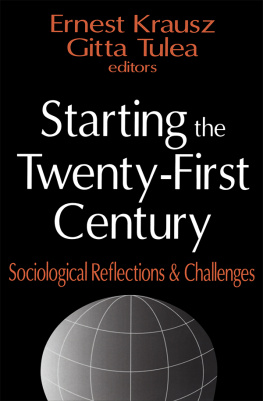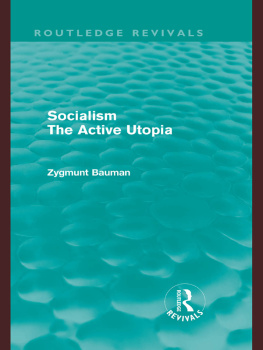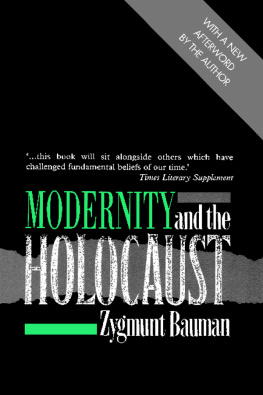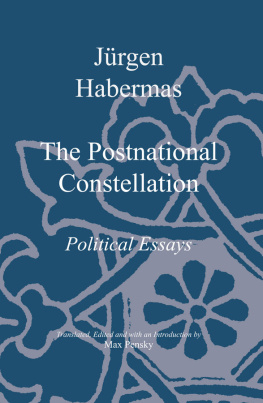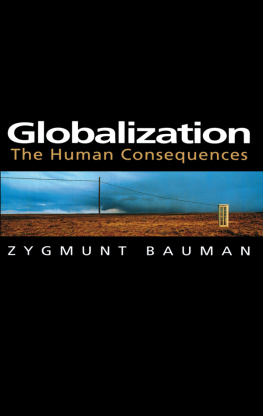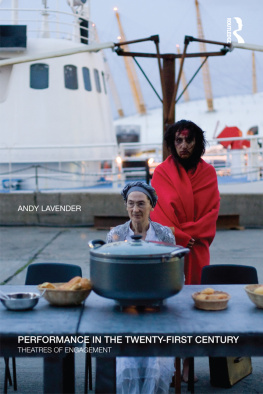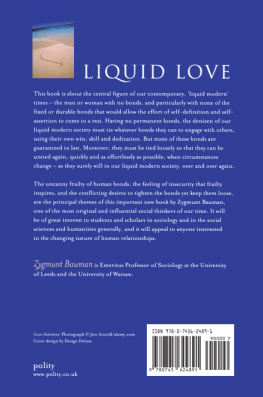Ernest Krausz - Starting the Twenty-First Century: Sociological Reflections and Challenges
Here you can read online Ernest Krausz - Starting the Twenty-First Century: Sociological Reflections and Challenges full text of the book (entire story) in english for free. Download pdf and epub, get meaning, cover and reviews about this ebook. year: 2003, publisher: Routledge, genre: Politics. Description of the work, (preface) as well as reviews are available. Best literature library LitArk.com created for fans of good reading and offers a wide selection of genres:
Romance novel
Science fiction
Adventure
Detective
Science
History
Home and family
Prose
Art
Politics
Computer
Non-fiction
Religion
Business
Children
Humor
Choose a favorite category and find really read worthwhile books. Enjoy immersion in the world of imagination, feel the emotions of the characters or learn something new for yourself, make an fascinating discovery.
- Book:Starting the Twenty-First Century: Sociological Reflections and Challenges
- Author:
- Publisher:Routledge
- Genre:
- Year:2003
- Rating:4 / 5
- Favourites:Add to favourites
- Your mark:
Starting the Twenty-First Century: Sociological Reflections and Challenges: summary, description and annotation
We offer to read an annotation, description, summary or preface (depends on what the author of the book "Starting the Twenty-First Century: Sociological Reflections and Challenges" wrote himself). If you haven't found the necessary information about the book — write in the comments, we will try to find it.
Jrgen Habermas, speaking of postmodern society, remarked that extension of the means of communication not only allows a wide range of information, but it also encourages permanent connections between different peoples, cultures, and social discourses. It thus facilitates better general understanding, a clarifying of real or apparent contradictions. But this process becomes truly positive only when it is performed between equal members. Globalization of information does not minimize the possibility of conflict or terrorism, if fundamental social problems are not resolved or at least approached in an active way.
This volume examines the major upheavals of the twentieth century and views within the framework of these events and challenges implications for the future. Values and Cultural Changes in the Postmodern World, by Zygmunt Bauman explores the changing meaning of space in the globalizing environment; S.N. Eisenstadt analyzes the destructive components of modernity; and Irving Louis Horowitz draws attention to the classical values of the common universal culture. Social Development and Policies in Contemporary Society, by Michael M. Cernea, examines the importance of the applied and policy-orientated research, especially in the developing countries, and David Marsland stresses the positive role of sociology in pointing to the possibilities of improving healthcare in modern society. Societies in Transition-Eastern Europe, emphasizes transitions that have occurred in Eastern Europe. Rozalina Rjyvkina and Leonid Kosals provide an incisive study of the situation in Russia, while Jerzy J. Wiatr presents a comparative analysis of postcommunist societies, with special reference to Poland. The Jewish World: Pre- and Post-Holocaust, by Regina Azria, discusses the identity problems in the Diaspora confronting modernity; Eva Etzioni-Halevi considers the newly developed Israeli society from the point of view of the exercise and distribution of power; and a most interesting contribution by Annette Wieviorka concerns the material and spiritual effects of the Holocaust on the Jews of France.
Social historians and students of Judaica, as well as a general public interested in cultural pluralism will find this well-developed volume essential reading.
Ernest Krausz: author's other books
Who wrote Starting the Twenty-First Century: Sociological Reflections and Challenges? Find out the surname, the name of the author of the book and a list of all author's works by series.

